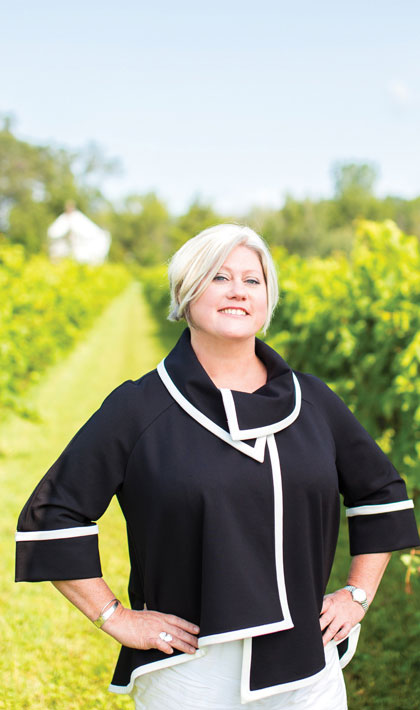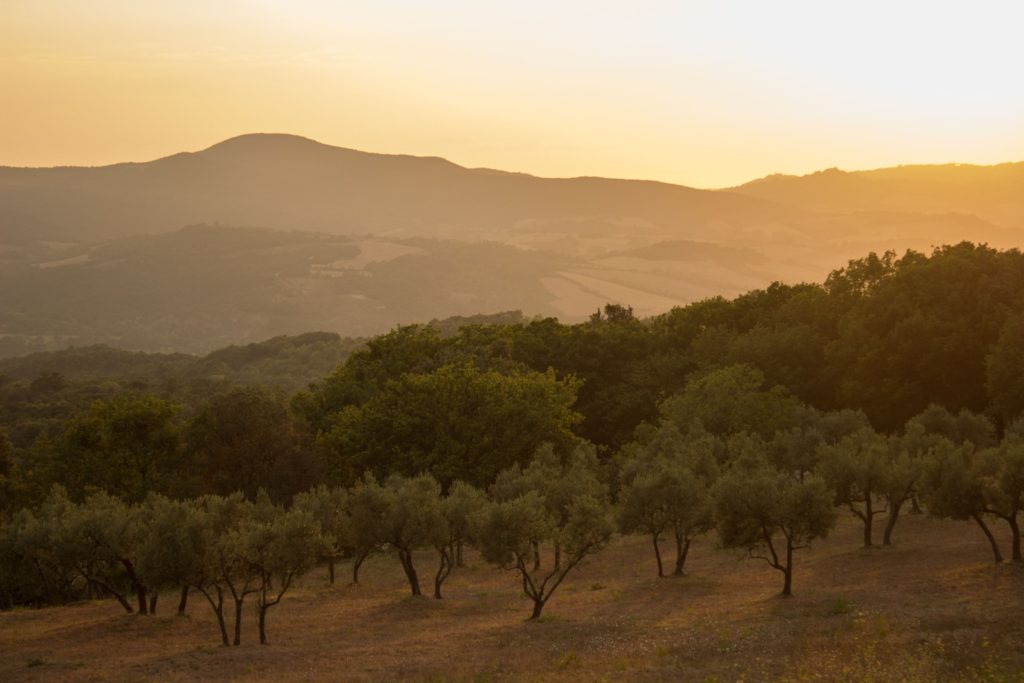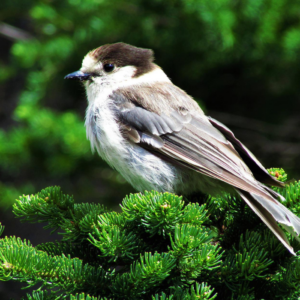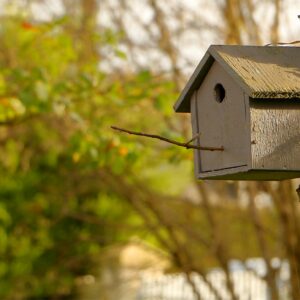Women for Nature – Elizabeth Kilvert
Featuring Women for Nature member and business owner of The Unrefined Olive, Elizabeth Kilvert. Written by fellow Women for Nature member Sharolyn Mathieu Vettese.
Sharolyn:You are currently the successful business owner of The Unrefined Olive stores in Ottawa, but you came from a diverse background of international development studies, natural history museums, marine biology, organic agriculture, sustainable fisheries, and Environment Canada. How did such a diverse experience coalesce to sell olive oil, balsamic vinegar, and specialty foods?
Elizabeth: I have always had a passion for food but I wanted my business to be rooted in my core values as well. I wanted to sell products that were sustainable, nutritious, delicious, fair and equitable to the farmer; and food that was not harmful to the environment.

I was working for Environment Canada when I took the leap six years ago. I was passionate about that too; but when you see government policy contravening with what you hold dear, how can you work for an institution that doesn’t resonate with what you believe in. When you go into business for yourself, you can align your beliefs and values with your actions.
S: And now you’re really enjoying what you’re doing.
E:I do. I feel very enriched by my business. It reflects my values of giving, sustainability, biodiversity, and compassion; and we are fortunate because these are also the types of customers we attract. I also get to engage with individuals and organizations in our community. People are looking for more transparency when buying products and they are looking for sustainable business practices.
S: How do you include sustainability in your business practice?
E: We use recycled paper packaging, almost no plastics, and a local potter makes our dishware. Our furnishings are made from ash wood from trees that were felled by the Emerald Ash Borer beetle.
S: Why was it important for you to have “unrefined” in your store’s name? What were you trying to tell your customers?
E: Unrefined means unprocessed, which is better in the food world. We only carry Premium Extra Virgin Olive Oil and never an olive oil over a year old. All of our olive oils are third party tested and I have done training to recognize taste profiles and faults in olive oil.
S: What is the added value?
E: Studies have shown that up to 75% of olive oil is rancid, expired, and blended with other nut and seed oils. Olives are a stone fruit, like a peach, and should be pressed when at a certain ripeness and ideally within hours of picking. When the olives are too ripe or have been sitting around too long before they go to the mill; the oil that is made smells and tastes awful.

S: Should we care about our food in terms of how it is grown, and processed before we eat it?
E: Absolutely. Look at the rates of diseases like obesity, diabetes, and cancer. We are a society full of inflammatory diseases as well. When we invest in good food we invest in our health, sustainable agriculture, biodiversity, and a sound economy. We also satiate ourselves without snacking and lead healthier lives. Health and nutrition go together and should be a major investment of our monetary budgets. Food can promote healing and disease prevention. It is also the way we socialize, comfort ourselves, entertain, and express ourselves. Good quality ingredients are as different as eating a grocery tomato in January and a freshly picked one from the garden in the summer. It’s a completely different experience.
S: Why is it worthwhile to buy quality food as a consumer?
E: We all choose where we want to put our money. Investing in Farmers Markets, local shops, local producers, farmers, butchers, bakers, and cheese makers […] is investing in sound agricultural practices, food that is nutritious, and producers who are employing people locally. You are voting for a sustainable economy.
S:How did you come to appreciate Nature?
E: I’m from Halifax. I grew up on a dead end street surrounded by a lake. There was also a bog and a stream. I grew up being outside, paddling canoes, and catching frogs. It was always a struggle to get us kids inside. My parents were also active outside. We would go cross-country skiing, skating, walking in the woods, hiking, spending lots of time on the beach; and they were big gardeners.
S: Why did you choose to become a “Woman for Nature”
E: I spend the majority of my time working in, and on, my business; in the food world, with my business community, with my industry, and with organizations in the community where I live and beyond. I have always taken a multi-disciplinary approach and wanted to connect with a broader circle of academics, politicians, artists, business and non-governmental leaders in the environmental and biodiversity field. I also want to connect and demonstrate how small business has a role to play in leadership through best practices, the social economy, and industry standards in the environmental and biodiversity realm. That is why I chose to become a Woman for Nature.



